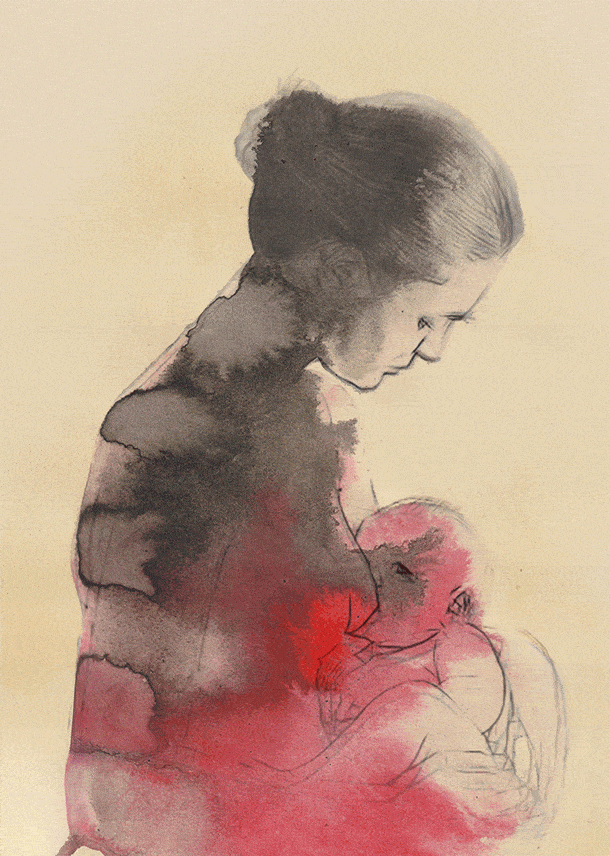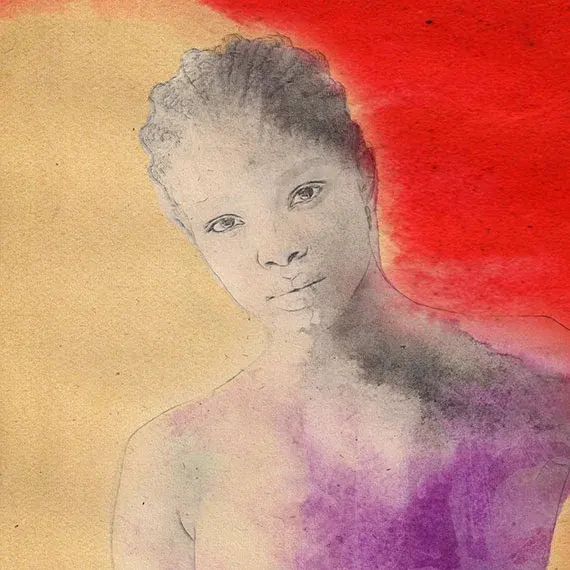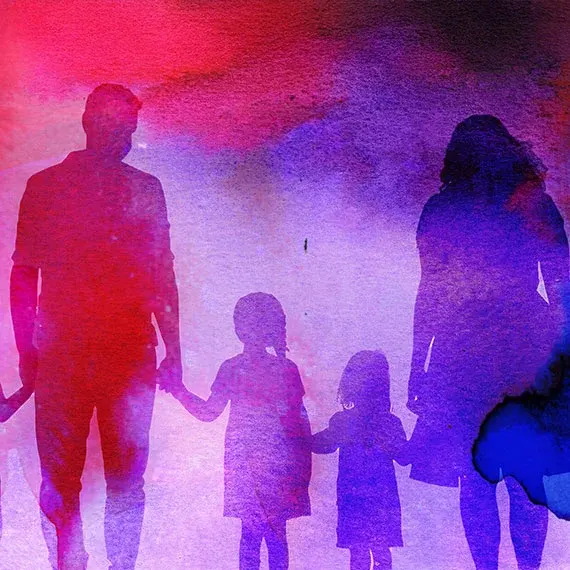Millions of people around the world are unable to have the number of children they want – whether they want more, fewer, or none at all.
Recently, fertility declines are making headlines, with women all too often blamed for these demographic shifts. Some governments are employing drastic measures to incentivize young people to make fertility decisions in line with national targets.
But the real crisis is that the most consequential reproductive decision a human being can make – when, whether and with whom to have a child – is being undermined.
Unpacking barriers to choice
Together with YouGov, UNFPA conducted a survey of 14 countries to ask people whether they are having the families they desire. We found that alarmingly high proportions of adults are unable to realize their fertility intentions.
Youth testimonials
Young people overwhelmingly report worries and uncertainty about their futures. Many expect to experience worse outcomes than their parents did. Their concerns about climate change, economic instability and rising global conflicts will be reflected in the choices they make about raising families.
Planning for families
Solutions that do not place reproductive choice at the centre have been proven, time and time again, to fail.
Our goal should not be to engineer fertility rates, but to provide individuals with the information and the means to decide freely and responsibly on the number, spacing and timing of their children.
The real solution to the crisis of reproductive agency we are facing is to build a more equitable, sustainable and caring world that supports individuals to have the families they aspire to.
A world that we can be proud for the next generation to inherit.
















